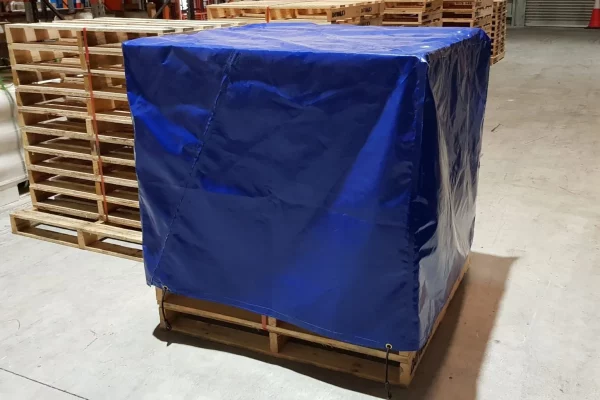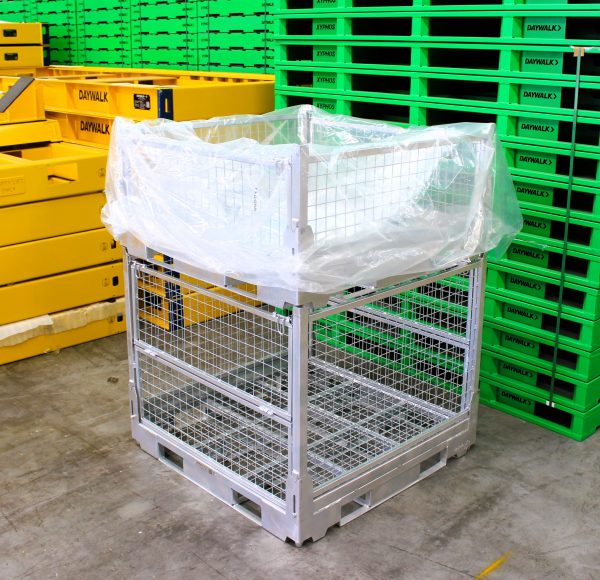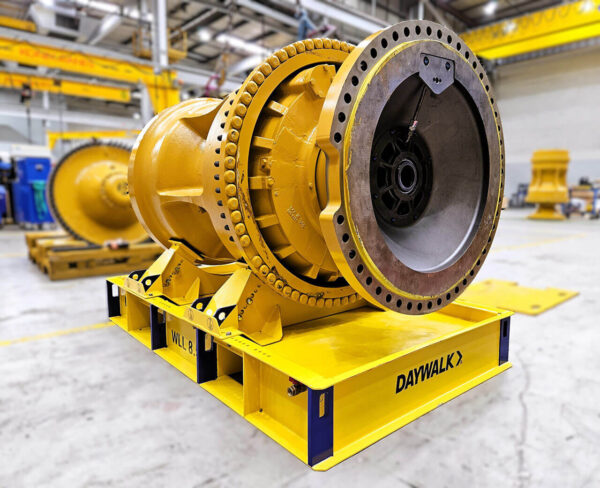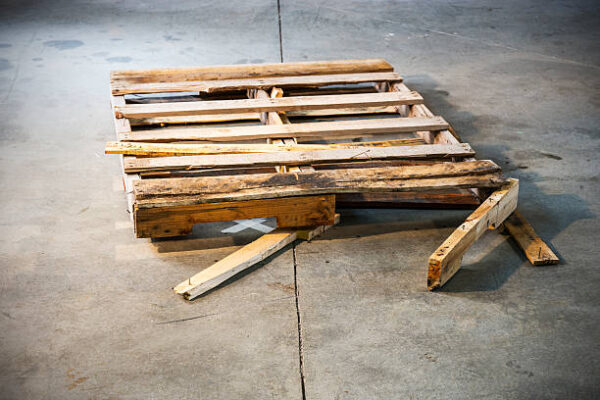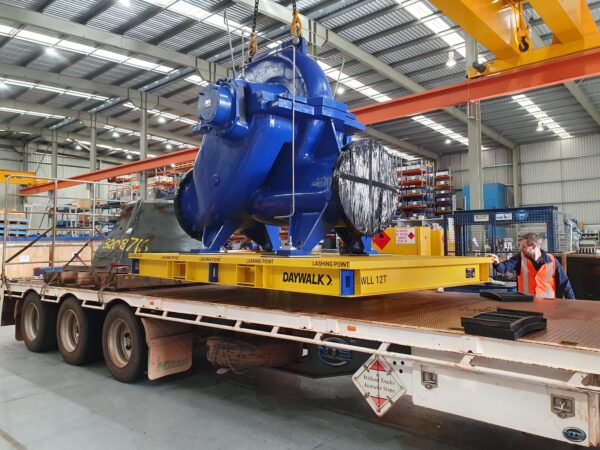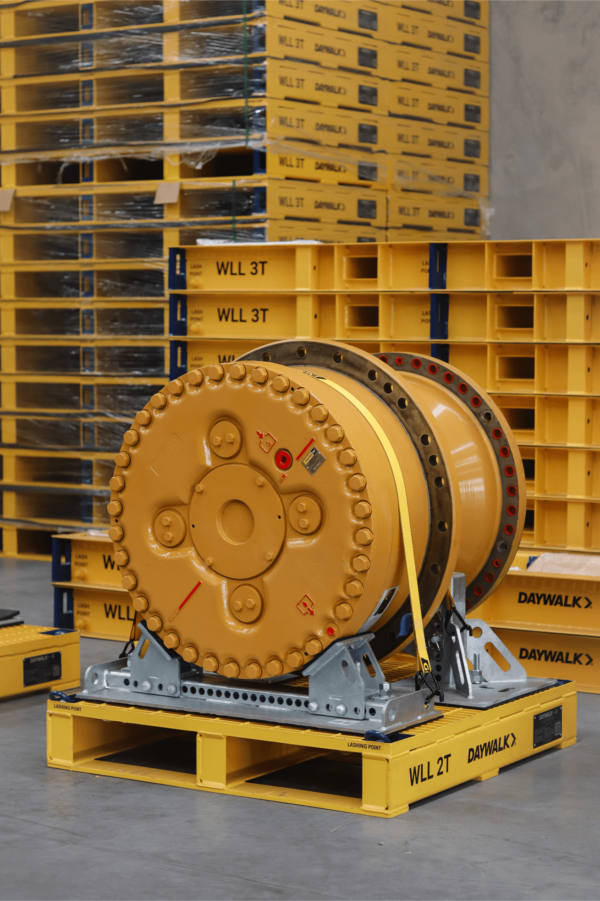For most businesses, warehouse management is an integral part of operations. Warehouse management involves ensuring that processes are accomplished efficiently and productively. For this reason, pallets are a reliable staple in warehouses, due to their functional design and durability. Though its construction is simple, pallets nonetheless offer a considerable amount of flexibility in terms of use – they can be used for the transport and shipment of goods. They can also be accessorised and used as storage containers for products or stock items.
Pallets come in many types: there are plastic pallets, steel pallets, and wooden pallets. Each kind of pallet offers benefits but also present their disadvantages. Plastic pallets are more difficult to disinfect, steel pallets are costly, and wooden pallets can have a high replacement rate depending on their material.
For this article, we’ll be tackling wooden pallets, precisely the two types of wooden pallets currently on the market: hardwood pallets and softwood pallets. Selecting the type of pallet that works best for one’s business ensures optimal allocation of resources, like time and finances. In outlining the differences between hardwood and softwood pallets, this article hopes to help in identifying which type of pallet is best for a warehouse’s operations.
THE SOFTWOOD PALLET
Softwood pallets, while having always been a part of the pallet market, rose to prominence as an alternative to the hardwood pallet, after demand for the hardwood pallet became too high for the market to support adequately. Softwood pallets are often treated to remove the risks of mould and fungus, usually through kiln drying to dry out excess moisture.
Softwood is sourced from trees like pine or spruce. Softwood makes up roughly eighty per cent of all timber; it’s known for a wide range of applications. The softwood material is commonly used for windows, doors, paper products, and wooden furniture. The pallets made from this material easily covered for the shortage in supply in pallets made from hardwood, because of the surplus in supply for softwood.
Pallets made from softwood have two distinct advantages. Softwood is considerably cheaper than hardwood, as softwood grows and propagates more quickly than hardwood. Softwood is also less dense compared to hardwood, which means that they’re lighter in weight compared to hardwood.
However, one particular advantage is also the softwood pallet’s disadvantage. Because the softwood pallet is less dense compared to its hardwood counterpart, it’s more prone to having issues with humidity. The softwood pallet isn’t ideal for storing or transporting food grade items, because of its higher susceptibility to moisture issues. Softwood pallets are also much lighter and less sturdy compared to the hardwood pallet, which means it has a lower load capacity.
THE HARDWOOD PALLET
The hardwood pallet is best known for its durability and strength. It’s also considerably cheaper compared to steel pallets (which have the highest load capacities among the pallet types) and plastic pallets. Like the softwood, the hardwood is also known for being used for furniture, but unlike softwood, hardwood can be used for construction and other projects intended to last for a long time. This is due to hardwood’s high density, which makes it less susceptible to issues with humidity, and thus making it last for far longer before any signs of deterioration or rot occur.
The disadvantage of hardwood is its weight and cost. It may be a concern for warehouse managers and proprietors, as, despite its relatively affordable price, the hardwood pallet is still more expensive than the softwood pallet. It’s also heavier, which can be a concern for shipment and transport purposes. However, the hardwood pallet is considerably more durable and long-lasting than the softwood pallet, so if service longevity is what a business is looking for, then the hardwood pallet is the best choice to go with.
These are the differences between hardwood and softwood pallets. If there are any further questions regarding which type of pallet is ideal for business, feel free to contact Omni-tuff for answers.
